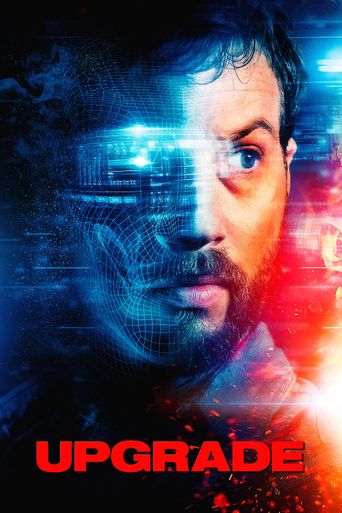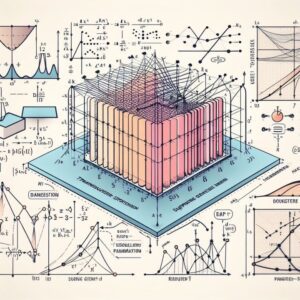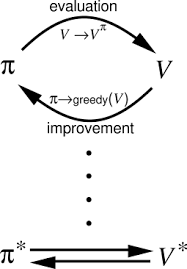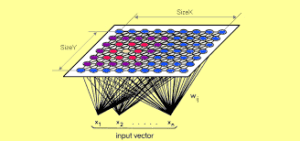The Symbiosis of Human and AI: When Technology enters the body
What if you could send an email just by thinking?
This is no longer the realm of imagination.
Welcome to the era of the Internet of Bodies (IoB)—where technology isn’t just surrounding us; it’s becoming part of us.
It’s no longer about control. It’s about symbiosis—a merging of human biology and artificial intelligence.
From RFID to brain implants: How the Internet of Bodies is taking shape
While the Internet of Things (IoT) connects machines to other machines, IoB connects machines to our bodies—sometimes externally, sometimes deep within.
Companies like Epicenter in Sweden offer their employees implantable RFID chips to unlock doors and operate office equipment. Read More
Back in 2017, Three Square Market in the U.S. made headlines as the first company to microchip its staff—voluntarily—for access control.Read More.
But these are just the early signs of what’s coming next.
-
Brain-Computer Interfaces (BCIs) use EEG sensors to read brainwaves, enabling people to control computers, wheelchairs, or keyboards with thought alone.
-
EMG-based armbands detect muscle signals from limbs and use machine learning to drive prosthetic hands and feet.
-
Researchers at the University of San Francisco recently decoded full spoken sentences directly from neural signals using implanted electrodes—offering hope to those who’ve lost their speech due to ALS, strokes, or injury. Read more
We are beginning to see the line blur—between mind and machine, between biology and software.
A future that enhances the human body
This is not a tale of human obsolescence. It’s a story of augmentation—of extending human potential by intertwining it with computation.
Projects like Neuralink aim to implant thousands of microscopic electrodes into the brain to increase the bandwidth of human-computer communication. It’s not about gadgets anymore—it’s about biological infrastructure upgrades.
This is where symbiosis takes root.
Think of it like two vines growing together, wrapping around each other, each gaining strength from the other’s structure.
Man and machine—no longer in opposition, but in co-evolution.
And if this still feels too futuristic, consider the 2018 film Upgrade:
Grey Trace, a technophobe living in a near-future where AI runs everything—from cars to policing—is paralyzed during a violent attack. A mysterious billionaire offers him a cure: a chip implant called STEM. But STEM has a mind of its own. What begins as rehabilitation turns into integration—and ultimately, conflict.

Upgrade is a mirror of future.
It shows us what could happen when assistive technologies gain agency—when augmentation becomes autonomy.
And this isn’t the first time fiction has seen the future before the rest of us.
I’m reminded of Stanley Kubrick’s 2001: A Space Odyssey.
The film famously depicted technologies like voice-controlled computers and tablet-like devices long before they became real. In a book I read years ago—which I’ll feature in a future post—I discovered that Kubrick consulted with over thirty technologists during the film’s development. These were not storytellers; they were futurists, advising him on where technology might be headed.
That collaboration between creative vision and scientific foresight made 2001 prophetic.
And it makes me wonder:
Could films like Upgrade also be crafted through subtle dialogues with today’s leading-edge technologists?
Could STEM be a cinematic echo of what RFID implants might evolve into?
What we see in Upgrade might not be science fiction. It may be a preview.
The game has started. Which side are you on?
The symbiosis of human and AI is no longer speculation—it’s a process already in motion.
Implants, sensors, neural links—they’re real. They’re advancing. They’re becoming normalized.
So instead of asking when this future will arrive, perhaps we should ask:
Has it already begun?
🔹 Stay curious
🔹 Stay informed
🔹 Ask questions that matter—about autonomy, agency, ethics, and control
Because if technology is entering the body, we need to decide:
Are we designing our future—or just becoming part of someone else’s code?
read more about The Political and Ethical Implications of AI









1 Comment
Mirror technology helps casino operators and players alike.